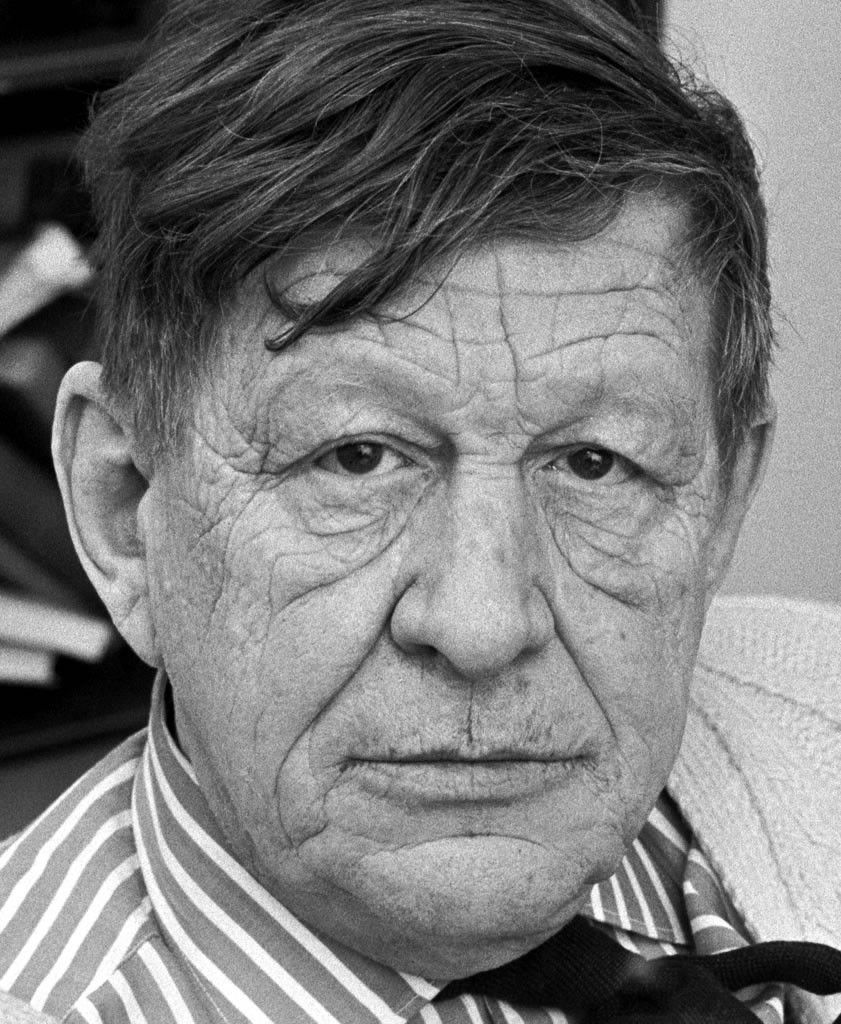You Auden know: Honoring poet W.H. Auden
By Emily Pierce, Contributing Writer
On February 21st, W.H. Auden will have his 109th birthday. Although he is not still around to celebrate it (having died in 1973), a retrospective is still in order. After all, his writing set the tone for many other works of literature prior to, during, and after the second World War. He is frequently overshadowed by greats of the modernist period like T.S. Eliot and W.B. Yeats; the difference lies in his work being more frequently broadcasted at the time of its inception.
I first read Auden when independently researching the work of Christopher Isherwood–as one does–and stumbled across one of their collaborative plays, On the Frontier. The play itself did not grab my attention so much as the writing style did. I was familiar enough with Isherwood, but it was clear that Auden had his own significant impact on the text. Isherwood asserted that he “[Was] a Camera;” with that metaphor in mind, Auden provided innovative new angles and shots.
Auden’s perspective and voice developed from his travels. Born in England, he ended up going around the globe in order to expand his narrative abilities, going to places as diverse as China and Iceland. Having lived in Berlin before the war began (like Isherwood), he was able to encapsulate a very particular period of time unfamiliar to many outsiders. Eventually, Auden gained citizenship in the United States of America after working as a professor for several years. According to the Academy of American Poets, he split his time between his residences in Vienna and New York City in the years before he died.
The poetry Auden wrote gained note for its unabashed nature, helping to make it more accessible than some of the other modernists’ work. Considered “the voice of his generation” by the New Yorker, he maintained a tether to human emotion (even in his reluctance to write poetry in the first place). “Funeral Blues” invokes a particularly dull pain; “The Unknown Citizen” stirs up particular pain connected to the postwar period. The subject matter of each poem changes, naturally, but several evoke images of anxiety, love, and religion. This helped establish Auden as one of the most prominent LGBT+ authors in history who also identified as a Christian.
Consider the following excerpt, taken from one of his most famous poems, “As I Walked Out One Evening:”
‘I’ll love you till the ocean
Is folded and hung up to dry
And the seven stars go squawking
Like geese about the sky.
‘The years shall run like rabbits,
For in my arms I hold
The Flower of the Ages,
And the first love of the world.’
While this portion alone does seem typical of a traditional love poem, the context of the poem creates a sense of finality through the continued motif of time. I would argue that the slant rhyme taking place between “hold” and “world” in the second stanza significantly contributes to that unease present in the rest of the poem. To be frank, the sentiments are beautiful, but it doesn’t feel like a love poem so much as a ticking time bomb.
How should one celebrate Auden’s birthday? Read some of his poetry. Plan a trip, even if you can’t take one. Go in-depth on some research, just for fun. Refuse to become a poet. Do it anyways.

